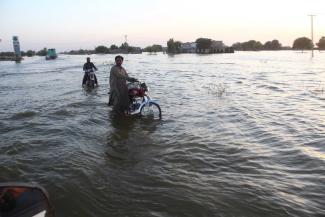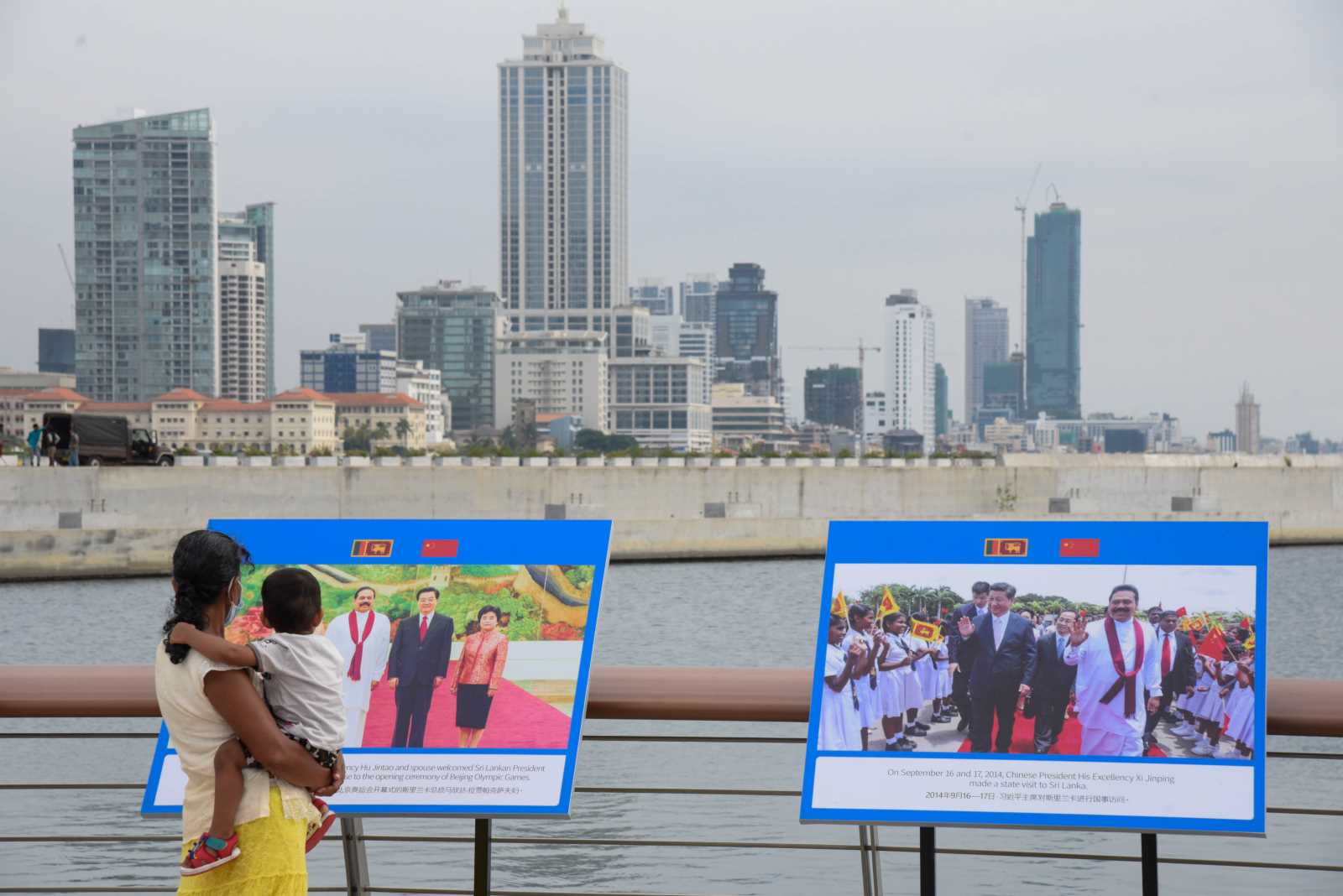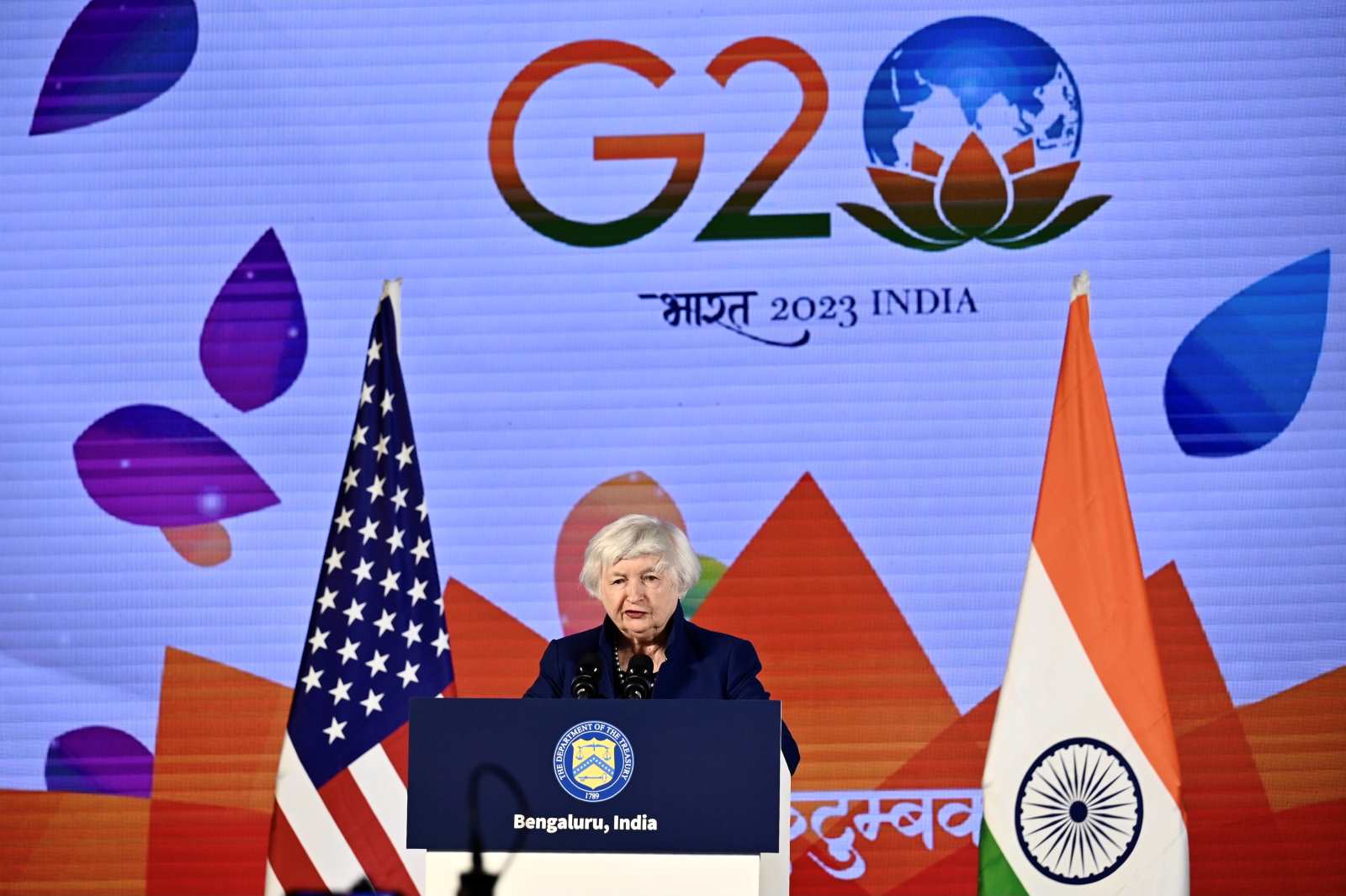Global governance
What is wrong with WTO and IMF?

Four years ago, you told me that the World Trade Organization (WTO) was in a bad shape. Among the reasons were that then US President Donald Trump was launching a trade war with China and also blocking the nomination of adjudicators for the WTO’s dispute-settlement panels. Have things improved?
No, they have become worse. There are several signs of dysfunction. The dispute-settlement panels remain understaffed and ineffective. That makes the WTO look toothless. Indeed, China and the USA are effectively dealing their trade relations bilaterally, not through the WTO rules. At the same time, there is a trend towards concluding what I would call plurilateral trade deals, with some, but not all WTO members taking part.
Please give some examples.
At this point in early March, 53 countries are involved in the Information Technology Agreements (ITA), 23 rely on the Trade in Services Agreement (TISA), and 19 have joined the Government Procurement Agreement. In regard to wind turbines, solar panels and things like that, 40 have started to negotiate an Environmental Goods Agreement (EGA). Joint rules for e-commerce have been accepted by 17 countries. In some cases, the USA, the EU and China are involved. They obviously have an interest in a rules-based system, but are neither willing to accept every existing rule nor believe they can achieve much by involving all WTO members in talks.
So the trade landscape is becoming increasingly fragmented. It has been becoming more complex for quite some time due to the propensity of the USA and the EU to conclude bilateral trade agreements with individual countries or regional blocs.
Yes, and that does a disservice to the least developed countries with particularly low capacities.
So should we declare the WTO dead? My impression is that nobody wants to do that. After all, the WTO may yet prove useful and anyone who abandons it would appear to act destructively.
I agree, so what we are observing is the WTO’s slow withering away.
What can and should governments do to change that trend?
They would have to accept momentarily the trend of plurilateral agreements and making sure no basic rules are breached and focus on the global common good. To reach a global agreement they could settle for lower and less ambitious targets. That would be the realistic approach to achieving broad consensus.
Part of the problem is that US President Joe Biden is rediscovering an active role for the state in the economy. His Inflation Reduction Act (IRA) is, to a large extent, a law that makes the federal government subsidise climate-friendly investments in the USA. EU leaders have expressed concern about the policy. They fear the US is poaching investors to the detriment of related industries in Europe. Most likely, the EU and the US will find some common ground and agree on policies that suit both sides, but I wonder whether they will involve emerging markets and developing countries in that kind of deal.
Well, the White House certainly does not want to involve China in any agreement that would boost Chinese companies in ways that the US cannot control. The IRA indirectly acknowledges the importance of industrial policy which the USA opposed in the past. More generally speaking, environmental protectionism will further diminish the role of the WTO. The imposition of some kind of climate tariffs somewhere would also erode competitive advantages of low-income countries. We need a transition to clean energy, but it must benefit the weakest too.
The international economic order that emerged after the fall of the Berlin Wall was based on market-orthodox ideas. However, not only Biden has rediscovered a role for the state. Multilateral institutions have done so too, the International Monetary Fund (IMF) for example. What difference does that make?
So far, I’m afraid it has not made much difference at all. If you consider the IMF’s history, there really are three distinct periods, and that basically applies to the World Bank, its sister institution, as well:
- From the end of World War II until the 1980s or so, both supported considerable government action and emphasised international macroeconomic stability such as fixed exchange rate.
- What followed was the era of structural adjustment, during which they focused on market dynamism and insisted that borrowing countries must balance their budgets and achieve price stability at the national level. The budget cuts often caused considerable hardship, especially when public education and health care suffered. In the longer run, the structural-adjustment approach proved untenable. The supposedly “unleashed” market forces did not trigger the kind of growth that would have allowed shared prosperity. Many poor countries could not even repay the debts incurred to implement structural adjustment. Around the turn of the millennium, debt relief became inevitable in many cases.
- The third period, however, really only began with the global financial crisis of 2008. The rhetoric of the IMF changed, but its core ideology basically remains the same.
Please elaborate.
Take the research the IMF does. I find it striking that the empirical data is often quite interesting, but the conclusions tend to be ‘geared’ towards the structural-adjustment mould. For example, an IMF report will typically state that the macroeconomic stabilisation was good so poverty could be reduced. The robustness of such results are still questionable, and they never explore the other way round, that macroeconomic stability resulted from the government not being overburdened by escalating crises, worsening poverty and deteriorating political stability. IMF rhetoric has become less rigid, but the markets-always-know-best paradigm is so deeply ingrained that the institution is not really learning from experience.
A while ago, Malina Stutz and Kristina Rehbein from erlassjahr.de, Germany’s debt relief campaign, criticised the IMF on our platform. According to them, the IMF’s policy regarding individual countries has not changed in spite of public statements that the climate crisis and the Covid-19 pandemic necessitate stronger state action. Do you agree?
The message sounds correct, but I’m not sure I agree with every detail of their argument. I’d like to raise a different point. The country that was most successful in reducing poverty in the past 40 years was China. The fall of global poverty was primarily due to that one country which did not necessarily follow the IMF advice. It liberalised markets in an experimental way, but China’s state kept playing a strong role in many sectors, including infrastructure and education in particular. Chinese policies resulted in very high growth rates for a very long time. The result was impressively broad-based prosperity. That experience nonetheless did not have a discernible impact on IMF thinking.
My impression is that China is becoming increasingly totalitarian under President Xi Jinping. I am not sure we can still speak of developmental regime.
I do not know. Perhaps you are right that he is no longer running a developmental regime. But does that undo the material progress made under his predecessors? Of course not. Multilateral institutions should do their best to learn the lessons of China’s rise.
Does it matter that the USA, the EU and Japan are the dominant shareholders of the IMF?
Let me put it this way: it is not surprising that this institution generally serves the interests of its dominant shareholders. One issue in which this became abundantly obvious was quantitative easing. The IMF never challenged the ultra-loose monetary policy which high-income countries adopted to cope with the crisis of 2008 despite its significant impact on the global liquidity. It wouldn’t have accepted anything similar in an emerging market or developing country.
But it didn’t really have any sway over the high-income countries. It really only has an influence on policymaking when a government needs its money.
Well, the IMF did not challenge the European Central Bank’s loose monetary policy in the context of bailing out Greece. Quantitative easing really had tough long-term impacts. It contributed to the surge of inflation in the past two years, worsened the inequality, and it has exacerbated debt problems in many countries. The reason is that private-sector financiers handed out loans in middle-income countries in search of higher returns than they could get in high-income countries.
The IMF has been warning for some time that an increasing number of countries’ sovereign debts look unsustainable. Where restructuring negotiations have begun, China has developed a pattern of arguing that it will only forgive loans if the World Bank does so too, arguing that World Bank loans are ultimately western loans. China’s stance makes it harder to involve private-sector creditors. Would it be a solution to exempt AIIB loans too? After all, the Asian Infrastructure Investment Bank is a Chinese-dominated multilateral institution that in some ways resembles the western-dominated World Bank.
I think that might make sense, but I really do not know what western governments would accept.
Chinese leaders always insist that the People’s Republic is a developing country, but the way they are handling debt issues hurts developing countries.
China is a very unusual country. I don’t think it fits into any commonly used category. What is obvious, however, is that its government is keenly aware of its national interests. Sometimes they coincide with those of least-developed countries, and sometimes they don’t.
What needs to happen for the IMF to become more open-minded?
Get away from groupthink. While their research quality is quite good, the conclusions should be derived more carefully, less doctrinaire and not forced to support the groupthink. Macroeconomic stability matters, yes, but what kind? It is about more than mere financial figures. If poverty worsens, the system is not stable. And if an economy cannot cope with external shocks like a pandemic or a series of extreme-weather events, it is not stable either. IMF research must ponder these issues, so the institution will learn the necessary lessons.
Iwan J. Azis is a professor at Cornell University in Ithaca, New York and visiting professor at the University of Indonesia in Jakarta.
http://iwanazis.com/











